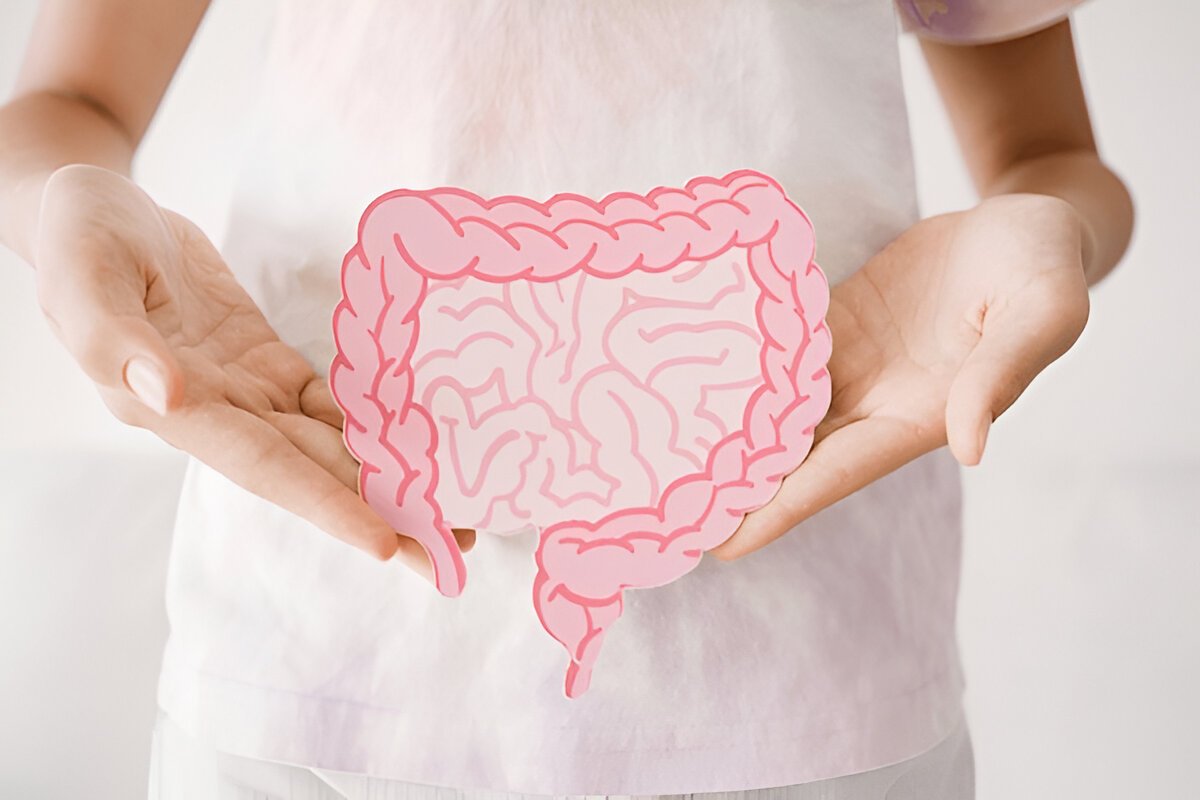As we continue to unravel the mysteries of human health, one topic has emerged as a critical component in our overall wellbeing: gut health. The gut microbiome, a complex ecosystem of trillions of microorganisms living inside our digestive system, plays a vital role in our physical and mental health. In this blog post, we’ll delve into the world of gut health, exploring the importance of a balanced microbiome, common signs of imbalance, and practical tips for nurturing a healthy gut microbiome.

What is the Gut Microbiome?
The gut microbiome is a diverse community of microorganisms, including bacteria, viruses, fungi, and other tiny creatures, that reside in our digestive system. These microorganisms work together to break down food, absorb nutrients, and produce essential vitamins and hormones. A healthy gut microbiome is crucial for:
- Digestion and nutrient absorption: The gut microbiome helps break down complex foods, extract nutrients, and absorb them into the bloodstream.
- Immune system function: The gut microbiome plays a significant role in regulating the immune system, protecting us from pathogens and diseases.
- Mental health: The gut-brain axis, a bidirectional communication network, links the gut microbiome to the brain, influencing mood, cognitive function, and behavior.
Common Signs of an Imbalanced Gut Microbiome
An imbalance of the gut microbiome, also known as dysbiosis, can manifest in various ways. Some common signs include:
- Digestive issues: Bloating, constipation, diarrhea, abdominal pain, and irritable bowel syndrome (IBS).
- Mental health concerns: Anxiety, depression, mood swings, and cognitive impairment.
- Skin issues: Acne, eczema, and other skin conditions.
- Autoimmune disorders: Rheumatoid arthritis, lupus, and multiple sclerosis.
Practical Tips for Nurturing a Healthy Gut Microbiome
Fortunately, maintaining a balanced gut microbiome is achievable through simple lifestyle changes and dietary modifications. Here are some tips to get you started:
- Eat a diverse diet: Focus on whole, unprocessed foods, including fruits, vegetables, whole grains, lean proteins, and healthy fats.
- Incorporate fermented foods: Yogurt, kefir, sauerkraut, kimchi, and kombucha contain live cultures that support the growth of beneficial bacteria.
- Stay hydrated: Adequate water intake helps maintain a healthy gut environment.
- Exercise regularly: Physical activity promotes gut motility and improves gut health.
- Manage stress: Chronic stress can disrupt the gut microbiome; engage in stress-reducing activities like meditation, yoga, or deep breathing exercises.
- Get enough sleep: Aim for 7-9 hours of sleep per night to support gut health.
- Consider supplements: Probiotics, prebiotics, and omega-3 fatty acids may be beneficial for gut health; consult with a healthcare professional before adding any supplements to your routine.
Conclusion
The gut microbiome is a vital component of our overall health, influencing our physical and mental wellbeing. By recognizing the signs of an imbalanced gut microbiome and implementing simple lifestyle changes, we can nurture a healthy gut and unlock its full potential. Remember, a balanced gut microbiome is the key to unlocking optimal health, and with these practical tips, you’re one step closer to a happier, healthier you.
Additional Resources
For further information on gut health and the microbiome, explore the following resources:
- American Gastroenterological Association (AGA) Gut Microbiome Center
- National Institute of Diabetes and Digestive and Kidney Diseases (NIDDK) Gut Health Information
- World Health Organization (WHO) Gut Health Knowledge Base
By taking the first step towards a healthier gut, you’ll be well on your way to a happier, healthier life.







